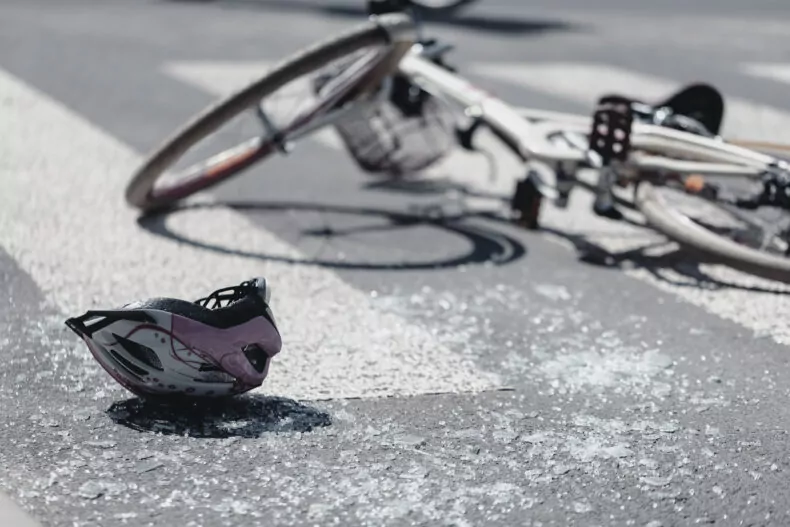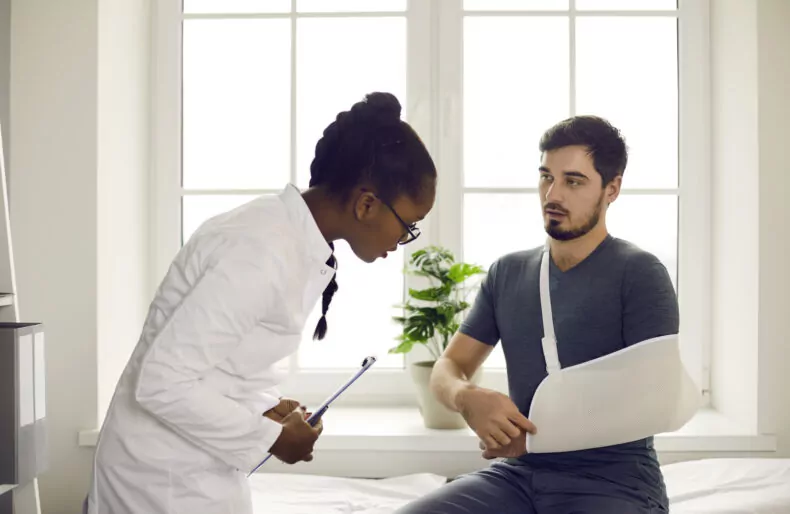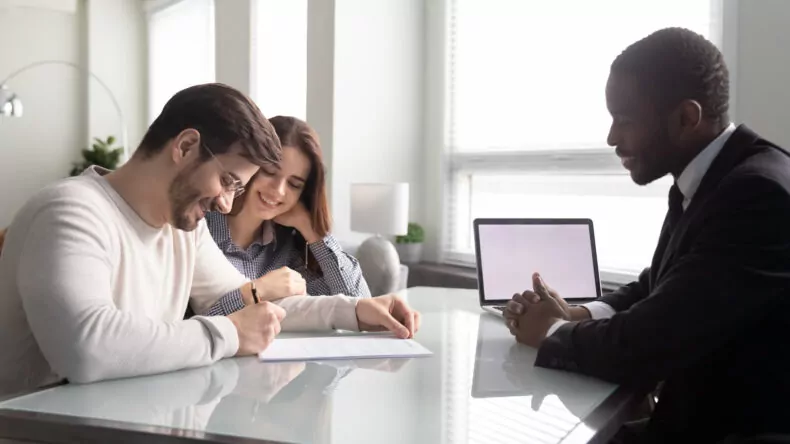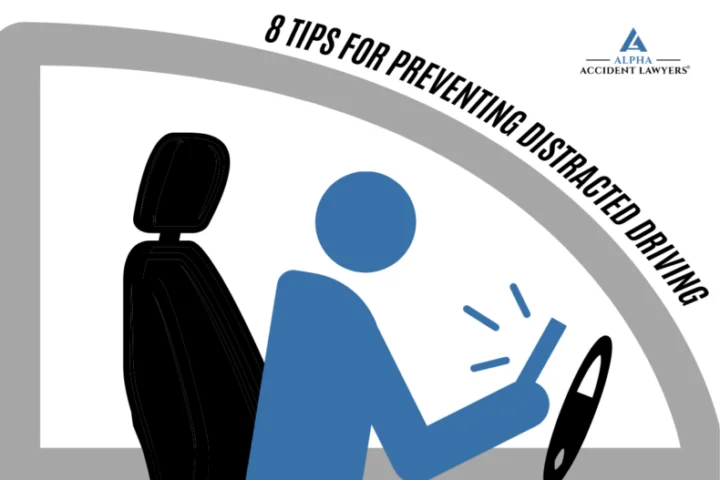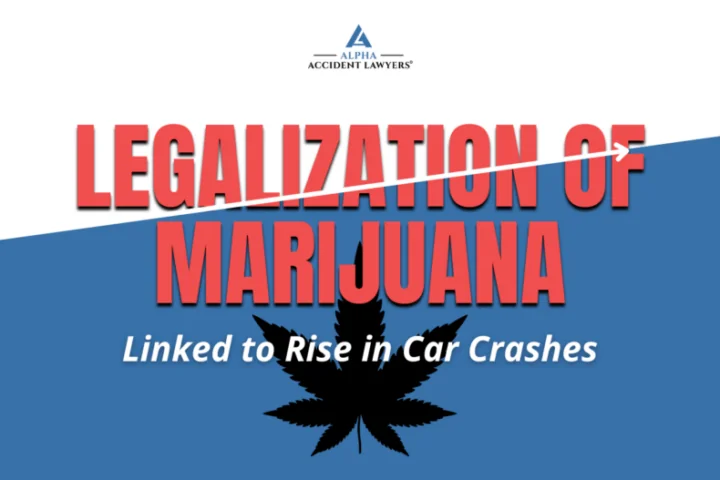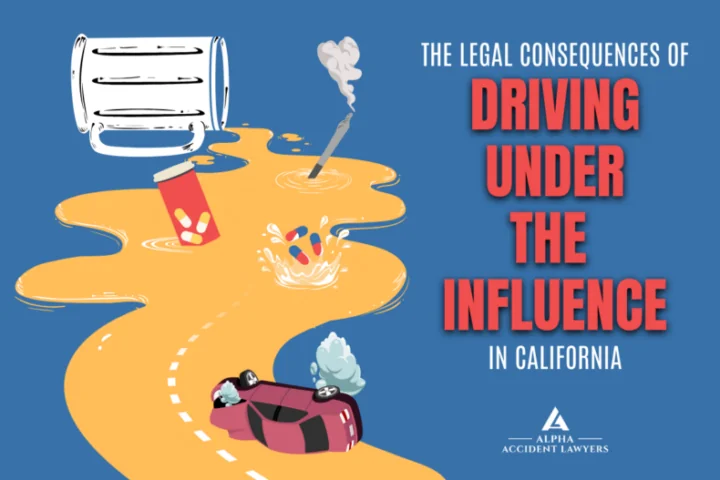How to Handle the Aftermath of a Bike Accident
In recent years, the U.S. has become increasingly bike-friendly, with more and more infrastructure added to keep bikers safe. Protected bike lanes are on the rise in most U.S. cities, encouraging bikers to engage in this eco-friendly activity. Of course, even this greater protection isn’t enough to keep every bike accident at bay. While the occasional tumble and fall can hurt, a car collision can quickly become serious or even deadly.
The CDC estimates that around 130,000 bikers are hurt in crashes on U.S. roads each year. If you count yourself in that number, handling the fallout correctly can be essential. Whether or not you reach out to a lawyer, here are a few key things you’ll want to do before and after you leave the scene of the collision.
Call the Police
After a bike accident, it’s crucial that you contact the police and wait for them to arrive.
Getting the details of the accident on record—especially from an objective third party—can help any bike accident case you decide to file in the future. It can also protect you if the driver decides to file a case against you, or if they try to change their story down the road. Last, but not least, if the police decide to ticket the driver, it’s always to your advantage in a case.
Make Sure You Are Safe
While we always recommend documenting the bike accident scene, which we’ll discuss next, your first priority should be safety.
If you and your bike have ended up on a hazardous stretch of road after the accident, move it off the road to a safer area. An initial photo showing the position of your bike and the driver’s vehicle is always helpful, and it’s always helpful for the police to see where the car and bike ended up after the road accident. However, neither of these should come at the risk of your personal safety.
Collect Evidence
While you wait for the police to arrive, document the scene of the collision as best you can. It may help to get both photo and video evidence and to write down any details. Here are a few pieces of evidence to collect:
- Photos of your bike, and any damage
- Photos of the driver’s vehicle, and any damage
- Photos of any injuries you sustained
- The contact information of the driver
- The driver’s license number, license plate number, and insurance information
- The make and model of the car
- The contact information of any witnesses
In addition, consider writing notes about the accident while the memory is fresh in your mind. Jot down details about the weather conditions, the condition of the road, any traffic signs, and any other significant details about the accident. Drawing maps or diagrams, in addition to getting photos of the area, can help you remember the details down the line.
It may feel as though you’ll remember these details with ease, but stress and trauma are linked to memory loss, and it’s possible that your recall of the collision will fade with time.
Be Careful About What You Say
When you speak with the police and the driver, don’t admit fault or wrongdoing in any way. This includes everything from a simple “I’m sorry” to an admission that you glanced at your phone.
It’s important to make sure the police document your version of events. Sometimes, officers are more concerned with collecting the driver’s story but make sure to speak to them to be sure they include your statement in their report.
In addition, you do want to mention any injuries you’ve sustained, no matter how minor they seem now.
Visit Your Doctor
In addition to taking photos of your injuries, getting objective evidence is always a good idea, even if you feel you weren’t hurt at all. Your injuries may be more severe than you think they are. Your doctor can document any injuries and direct you to specialists if needed.
In addition, record your symptoms and any developing injuries over the course of the next few days or weeks. Be sure to take photos of any developing bruises as well.
Don’t Negotiate With an Insurance Company
The driver’s insurance company may be quick to call you in the hopes of negotiating a settlement. However, you may want to refrain from settling until you’re sure you don’t want to bring a case. In most cases, we advise plaintiffs to keep out of negotiations until they’ve talked to a professional.
Contact a Bike Accident Lawyer
In the early days after an accident, before your injuries seem severe and your medical bills start mounting, you may not think you need professional help. After a near-death experience, our minds often become clouded with sheer relief.
However, a seasoned bicycle accident lawyer can help you understand whether or not you have a case, which can be helpful if you’re on the fence. Lawyers with experience in bike accident cases can even work with insurance companies on your behalf as they fight to recover your losses. Even better, it’s never too early to call, and there’s no risk in doing so. Personal injury lawyers will oftentimes offer a free consultation to help you weigh your options.
Contact Our Bike Accident Lawyers Today
If you’ve been involved in a recent bike accident, your emotions may be running high—which is where our objective team of experts can help.
We have years of experience helping people who’ve had bike accidents get the compensation they deserve. Our compassionate team can help you build your case from the ground up, allowing you to focus on what matters: your road to recovery. To learn more about what we can do for you, contact Alpha Accident Lawyers today for a risk-free consultation.
